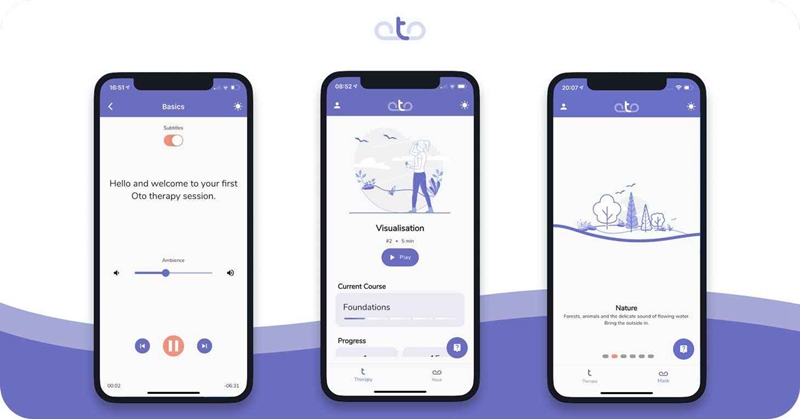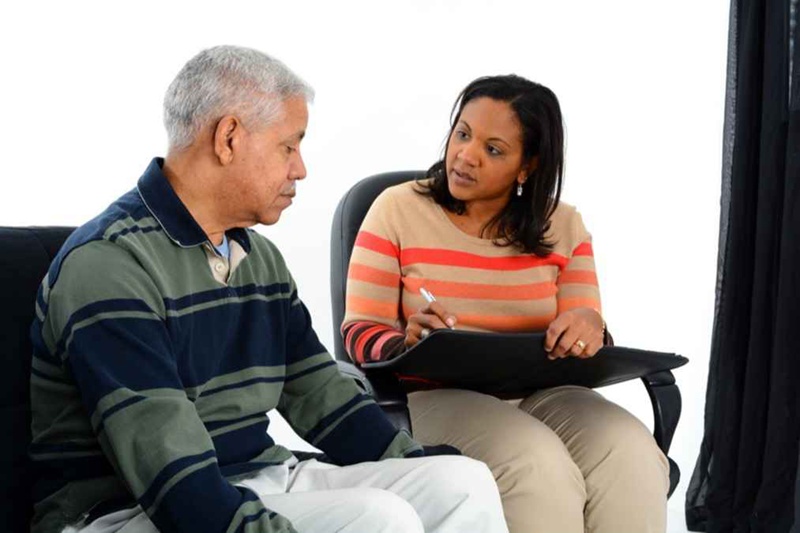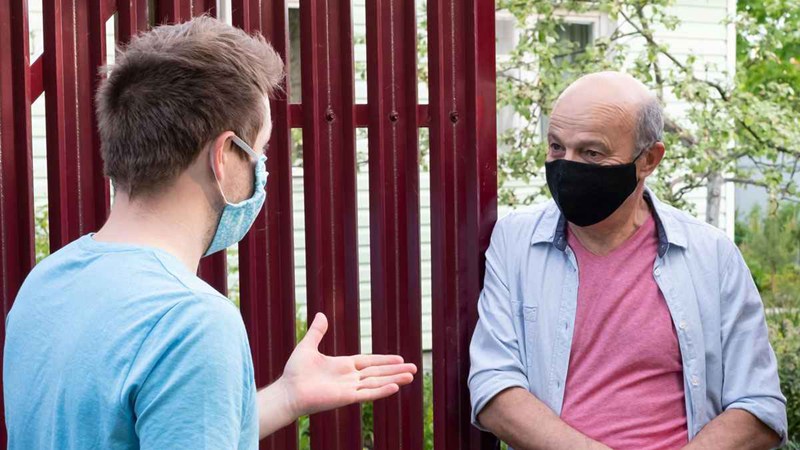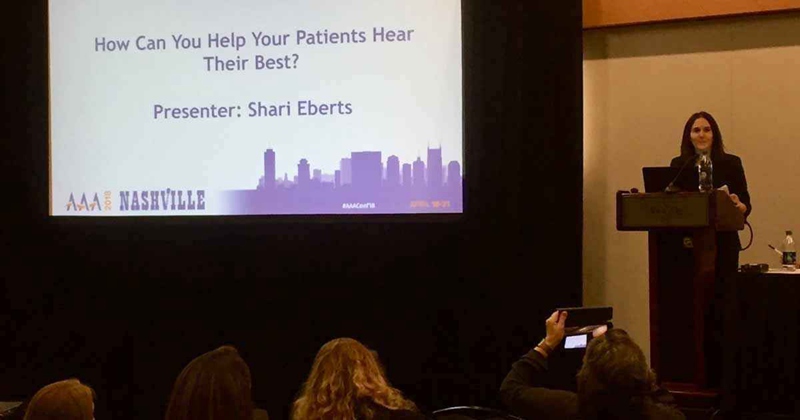-

Tinnitus Relief at Home: The Oto Health Story
This article describes the journey of two doctors, George Leidig and the author, who identified a gap in tinnitus treatment options after learning about its significant impact on patients' lives. Tinnitus, affecting over 10% of the UK population, often causes isolation but lacks effective, accessible solutions. The authors observed that existing treatments, such as Cognitive Behavioural Therapy (CBT), Tinnitus Targeted Mindfulness, and Relaxation Therapy, were not effectively integrated into a si...
-

Ready to Travel Again? Tips for Those with Hearing Loss
As the pandemic eases, travel is becoming more accessible for those who are hard of hearing or deaf. This guide offers tips to make your travels smoother, emphasizing the importance of adaptability due to ongoing uncertainties, such as destination restrictions like Italy’s current COVID-19 ban. When planning, prioritize hearing-accessible accommodations with closed-captioned TV and visual alert systems, and take advantage of potential hotel deals during economic downturns. Many attractions now ...
-

Untreated Hearing Loss, Hearing Aids, and Cognition: Correlational Outcomes 2025
This article explores the relationship between hearing loss, cognitive decline, and dementia, emphasizing the importance of early intervention through hearing aids or cochlear implants. It highlights that untreated hearing loss is a significant risk factor for cognitive impairment and dementia, while evidence from recent studies demonstrates that hearing interventions can mitigate these risks and improve cognitive outcomes in older adults. The authors stress the need for increased awareness and a...
-

What I Wish People With Normal Hearing Understood About Hearing Loss
This article reflects on the challenges faced by individuals with hearing loss and addresses common misconceptions held by those with normal hearing. The author emphasizes that hearing loss is not simply a matter of amplification, as it involves complex issues such as neural damage and speech understanding in noise, which cannot be fully corrected by hearing aids or cochlear implants. They also highlight specific difficulties in everyday communication, such as the need for face-to-face interactio...
-

What This Hearing Aid User Learned At An Audiology Conference
The author shares their experience attending the 2018 American Academy of Audiology (AAA) convention in Nashville as a patient rather than an audiologist. They highlight several positive takeaways, including audiologists' focus on patient-centered care, growing acceptance of over-the-counter hearing aids, discussions around unbundling services to increase transparency, innovative product launches, and the abundance of audiology students indicating a strong future for the field. Additionally, ther...
-

What to Do When You Think You Have a Hearing Loss
This article provides guidance on addressing hearing loss, emphasizing that it often goes unnoticed until pointed out by others. On average, individuals wait 7-10 years before seeking treatment due to stigma and lack of awareness about steps to take. The author offers practical advice: start with a hearing test from an audiologist or primary care physician, try online tests like the National Hearing Test (with a small fee), and find a skilled, person-centered audiologist who specializes in your t...




